Composite bonding aftercare – How to look after your new smile at home
Composite bonding is just one of the services we offer here at Raby Road Dental. Composite bonding and veneers can help improve your smile through correcting broken, crooked, spaced, discoloured, or worn teeth. This is often a simple procedure and can be carried out in one appointment, often without any injections or drilling. Bonding is one of the least complicated and most convenient ways to achieve noticeable results.
As it is not as hard as natural teeth, composite bonding can wear down, chip, or break over time. It is also prone to staining and discolouration. For this reason, they typically last an average of five years before they will need to be enhanced or replaced.
Dental bonding commonly lasts between 5 and 10 years, as long as the patient takes the correct steps to take care and maintain their new smile.
To make it simple this blog lists the top 10 things you should do to protect your new smile and ensure your composite bonding is correctly cared for.
Ensure you are attending regular check-ups and polishes
Drink water after meals, this will help keep your mouth clean and healthy
Tea, coffee, and heavily coloured food may cause staining over time
Quit smoking. Smoking not only causes gum disease but also stains your teeth.
Avoid biting nails or chewing items such as pen lids, which may chip the material. Bonds aren’t as strong as a normal teeth so it’s important to take precautions to avoid damage.
Brush twice a day. When you brush your teeth, you help remove food and plaque. It is also important to use a god quality fluoride toothpaste.
Use straws when drinking. Many drinks will stain your teeth, such as sugary drinks and coffee, therefore using a straw can reduce the risk of staining as the liquid does not directly touch your teeth.
Floss at least once per day with string floss, not floss sticks. Flossing helps with the removal of plaque from below the gum line, which can erode tooth enamel and develop into tartar which can cause teeth discolouration.
Toothbrush bristles come in soft, medium, and hard varieties. Brushes with hard and even medium bristles are abrasive on composite bonding and shouldn’t be used. Patients should opt for a toothbrush with softer bristles.
Ask your dentist for advice. Our team are friendly and understand that everybody's smile journey is completely different. We have dedicated treatment co-ordinators on hand before, during and after your treatment for any questions you may have.


